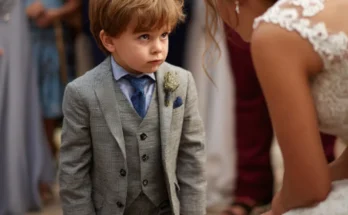When a high-powered lawyer brings his 12-year-old son home from school, he overhears him cruelly mocking another boy: “You’re a loser, like your dad, the grocery packer.” Shocked, the father calmly asks his son what he meant.
As they walk through his old, modest neighborhood, he tells his son that he, too, came from the bottom—his own father was a tireless garbage collector who sacrificed everything so he could attend college. Hearing this, his son is stunned and ashamed. That afternoon, the boy apologizes and learns that every honest job deserves respect—where you start doesn’t define where you can go.


